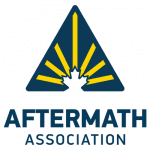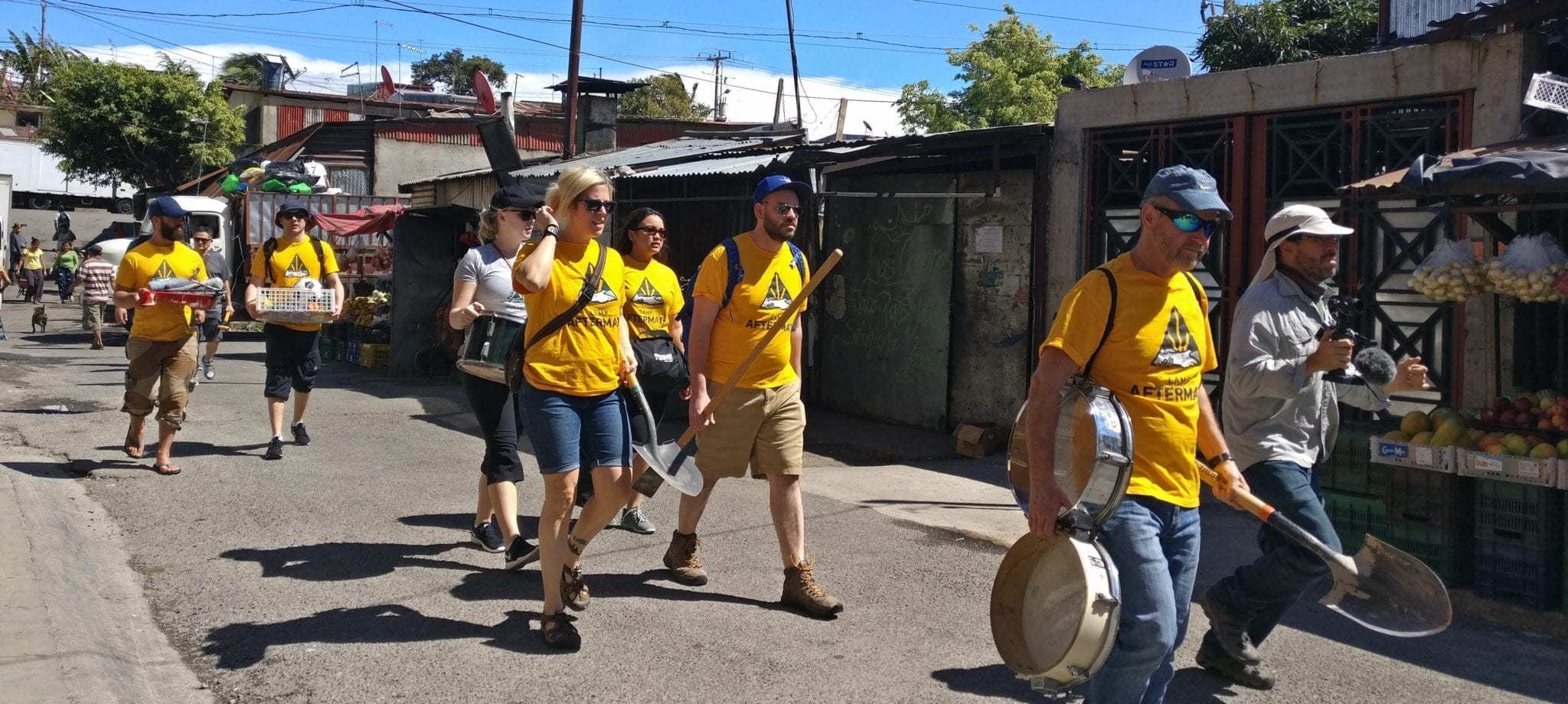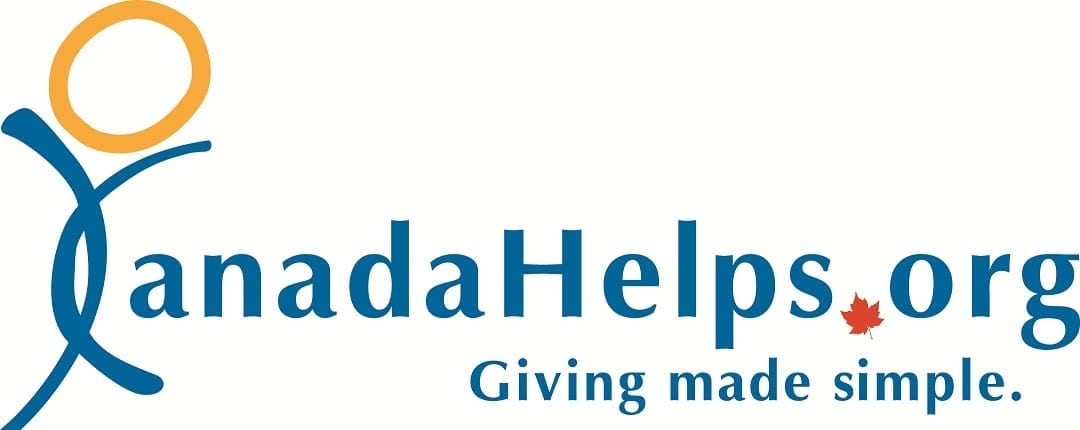The Camp Aftermath experience for military veterans and first responders is aimed at providing long-term management of post-traumatic stress disorder (PTSD) through active philanthropy. This program is a one-year process which consists of the three phases of screening, exposure to philanthropic volunteerism and follow up. The overall aim of this three-phase approach is to ensure participants are not provided a window of solace, but rather a long-lasting, empowering effect. Throughout the three phases, data will be collected both for research and improvement, and to ensure that the expected benefits are experienced and absorbed by the participants.
Phase 1 – Screening and Preparation
- Applicant candidates are made aware of Camp Aftermath’s concept of utilizing volunteerism as a method of long-term PTSD management. Care is taken to ensure that applicants know clearly what to expect and what not to expect from the program. They are required to make an informed consent and commitment to a one-year program not only to the Camp Aftermath program but to the other participants as well.
- The candidate goes through a mental health screening process by qualified experts which mostly focuses on the candidate’s suitability and safety for all involved. The screening process will involve possible contact by Aftermath experts with the candidate’s family doctor/mental health therapist, and meetings in group settings with other candidates and Aftermath experts. The objective will be to start acquaintances and build trust amongst the group members in preparation for Phase 2. The main focus will be to understand trauma themes among program participants and the process of volunteerism in Phase 3. All screened participants, Camp Aftermath volunteers and the mental health expert will meet for two days of group therapy sessions to set the framework before deploying to Costa Rica.
Phase 2 – Two-week deployment in Costa Rica
- Screened participants and designated Camp Aftermath staff, including a mental health expert, deploy for two weeks to Costa Rica where they will be hosted by our sister charity, the Costa Rican Humanitarian Foundation (CHF).
- Once in Costa Rica, participants will participate in volunteer activities aimed at helping humans, the environment and animals. All volunteer work will be done with the local population for the purposes of gaining positive feedback on the difference they make in the lives of the people they help.
- Before and after every volunteer activity, Camp Aftermath’s mental health expert will be conducting group therapy sessions to ensure all participants benefit from the exercises and to resolve any issues. The participants’ family members will become involved at this stage by participating in at least one video conference with the participants and the mental health expert to discuss the benefits and desired outcomes from the Camp Aftermath experience.
- During their stay in Costa Rica, it is expected that participants will start forming positive habits and rituals such as yoga, physical activity and healthy eating. It
- Near the end of the two-week itinerary, Camp Aftermath volunteers in Canada will assist in starting the process of enrolling the participants in their desired volunteer activities with charities back in Canada to ensure that the momentum from the trip is maintained after return back home.
Phase 3 – Continuous follow-up
- Upon returning to Canada, the participants will spend a further two days with the mental health expert and Camp Aftermath volunteers to conduct group therapy sessions. This will give the participants a chance to unwind from the flurry of activities in Costa Rica and discuss real-life changes which they would want to implement in their daily lives in Canada.
- Camp Aftermath case officers will facilitate enrollment of participants into charities of their choice. This process will be started in Phase 1 and ongoing to Phase 3. Case officers will maintain contact with the charities of choice to ensure suitability and participation.
- Camp Aftermath case officers will then meet digitally (e.g. Skype) once a week with all participants as a group to discuss the week’s events and to discuss challenges and successes with regard to volunteerism as a way of once again serving others. Participants will be encouraged to keep up the positive practices begun in Costa Rica to ensure they become habits.
- If participants are accessible, case officers will meet with them once a month.
- Weekly digital and monthly physical meetings with participants will continue for one year.
At the end of the program, participants are expected to be re-integrated into mainstream society and community life as proud and independent members who are living with purpose by serving others.
______________________________________________________________________________________________________________________________________
How you can help
There are currently many amazing programs that focus on helping veterans and first responders suffering from PTSD. If you believe in our cause, please help us make a difference in the live of five military veterans and first responders slated to experience our three-phased program in early 2019. You can donate to our campaign on Canada Helps.
We are a registered charity with Canada Revenue Agency. For more information, please visit our status page on the Canada Revenue Agency website.
Thank you,



